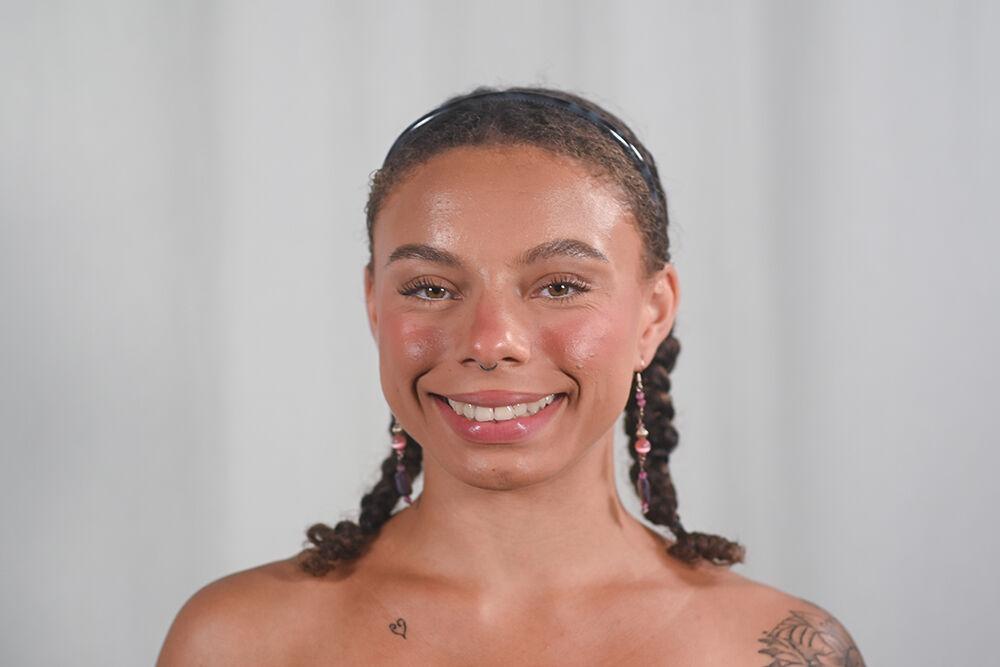Editor’s note: This article contains references to sexual assault and violent crimes such as murder.
Malcolm X once said the Black woman is the most disrespected, unprotected and neglected person in America. Whether you believe this to be true or not, and I believe it is, it doesn’t discount the statement’s underpinnings — that our biggest threat comes from inside the house.
Black men and women in America have a long, extensive history of enduring racialized oppression and violence, evolving over centuries to take the present-day form of police brutality, mass incarceration, healthcare disparities and more. There’s no discrediting the horrors both sexes in the Black community face. However, due to intersectionality, the combination of marginalized identities, Black women face problems Black men never will, many times at the hands of our male counterparts.
Beauty standards are one example. Misogynistic and Eurocentric ideals of beauty favor lighter skin, straighter hair and smaller noses. Over time, these broader societal norms have entered Black men’s subconscious as a form of internalized white supremacy, leading to discrimination toward Black women.
The very white supremacy that disadvantages Black men in economic and political realms drives them to assert power where they can.
Dark-skinned Black women in particular know all too well the reality of Black men’s Eurocentric tastes, and all of us know the reality of their general biases. For example, stereotypes that Black women are loud and oversexual plague the dating scene.
In a video from 2016, three Black men discussed why they avoid Black women when dating. One man stated Black women are too angry, while another said he needed someone who would “respect” their choice to be abstinent, suggesting Black women, who are too often characterized as jezebels, wouldn’t.
These viewpoints help explain why, as of 2015, Black male newlyweds are twice as likely as Black females to be in interracial marriages.
Whether or not Black men want to date us shouldn’t affect how they treat us outside of interpersonal relationships. And yet, it does.
Black women are frequently forgotten victims of sexual violence, and our male counterparts don’t stand up for us. According to the U.S. Department of Justice, one in five Black women are survivors of rape, and one in four Black girls will face sexual abuse before they turn 18.
We are also too often killed. The Institute for Women’s Policy Research reports that Black women are two and a half times more likely to be murdered by men than our white counterparts and are over 90% more likely to have known their perpetrators.
The lack of activism on our behalf is chilling.
Of course, Black men face difficulties that Black women don’t. For example, they are more often affected by the school-to-prison pipeline. But what makes the difficulties Black men face different is that Black women are not contributors to the system that disadvantages their male counterparts.
Black women have been a part of almost every social movement for justice and have stood alongside Black men for centuries. We aren’t asking Black men to solve the issue of discrimination for us. All we ask is the bare minimum: respect and support. Black men should be standing in solidarity with us rather than at odds.
Resources for women of color at NC State include the Women’s Center and the African American Cultural Center. Groups within these organizations, like The Collective, offer a space of solitude, camaraderie and safety for women of color.
In the broader Raleigh community, The Black Women Empowerment Network offers resources and support for Black women. It also provides opportunities for others to support the cause through donations or volunteer work. Similar organizations are listed on the Philanthropy Together website.














